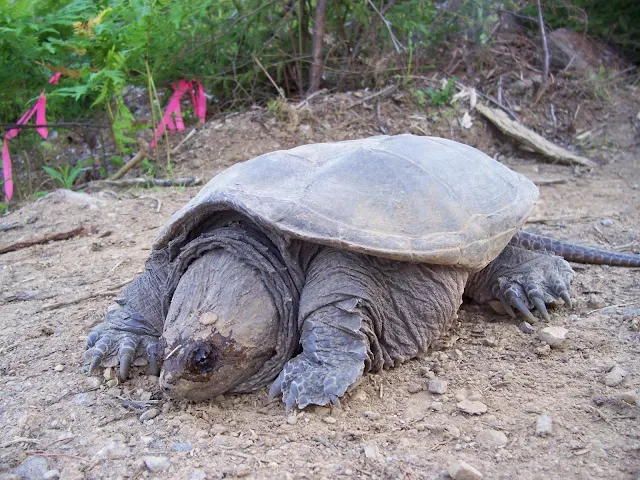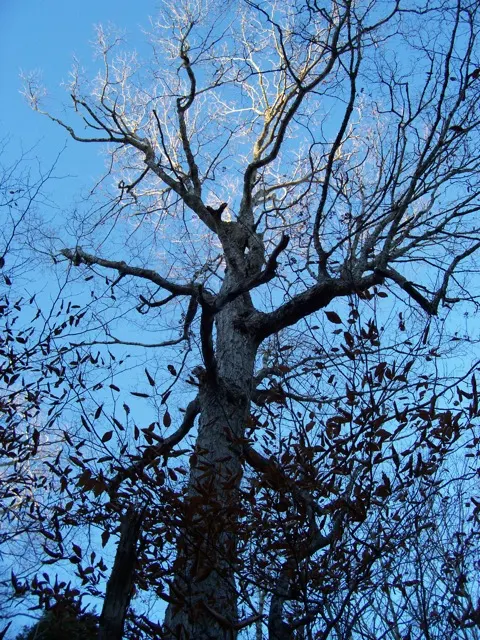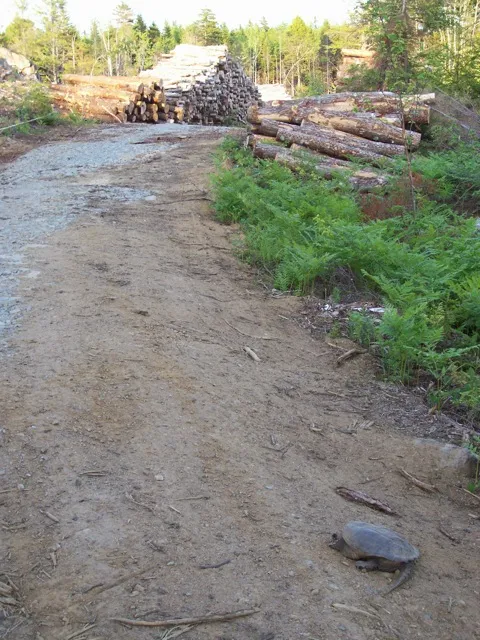Yesterday was United Nations World Environment Day. Did anybody notice? Did the Anti-Environmentalists take a break for the day?
This UN designated day was started in1974, a sign of the growing environmental movement that had been building since the 1960s. Its purpose is to promote "worldwide awareness and action for the protection of our environment."
One way they could achieve their stated goal would be to make people more aware of the "movement started to end a movement", because shortly after the Environmental Movement began, the Anti-Environmental Movement came into being.
The green revolution was still in its infancy, and already the backlash had begun. Soon, the Merchants of Doubt would go into high gear.
Now, 50 years later, it appears that the anti-protection factions are winning the struggle to decide whether we help Mother Earth, or continue the mistreatment that Jim Morrison noted in the 1967 song, "When The Music Is Over".
In it, he asks:
"What have they done to the Earth?
What have they done to our fair sister?
Ravaged and plundered and ripped her and bit her.
Stuck her with knives in the side of the dawn,
And tied her with fences and dragged her down."
Have things improved for the environment globally over the past 50 years of World Environment Days? Maybe it is time for a different approach.
Currently, many gains the enviro movement has made over the decades are being repealed by misguided anti-environmentalists in the Corporate/Government Complex. Morrison would be horrified, but probably not surprised.
After decades of astro-turfing, lobbying, shady science, outright lies, and buying off politicians, a large part of the public blindly approves of the anti-environmentalist's mangled messaging.
"The Greenies are destroying everything. They hate humanity, and must be stopped. Nothing is wrong - don't worry, keep shopping."
 |
| Before/After photos in a recent British Columbia clear cut. This is the real Eco-Terrorism. |
And don't forget one of their favourite tactics - the demeaning, belittling, and discrediting name calling.
Until recently, I thought I was an environmentalist, but now I realize that we have been effectively rebranded by the Denial Industry. Now we are something quite different from the concerned citizens that we thought we were when we first started to speak up for a natural world that can't speak for itself.
I thought I was a good guy, but apparently, no.
Now, because I am a defender of Mother Nature (which includes humans, who are part of nature), I am labelled an alarmist, eco-fascist, enviro-Nazi, eco-weenie, and my favourite, eco-terrorist. That is only a small selection of the slurs used to shift pubic views against the self-preservation through a healthy, functioning ecosystem, that is the goal of environmentalism.
This year the United Nations World Environment Day was centred around plastic reduction, specifically, single use plastic products. This is a very important topic that demands action from individual citizens, government, and industry. But after 5 decades, I can't help but feeling that it is too little, too late.
I suggest that next year they do something focused around environmental literacy, and shine a solar powered light on the dirty deeds of the anti-environmental movement, and their false choice of economy OR environment.
Without a functioning environment, there will be no economy, no jobs, no environmentalists, no anti-environmentalists, no nothing.
Maybe the United Nations World Environment Day next year could sport the following motivating motto:
"Eco-Weenies Unite To Save The Environment AND the Economy... AND The Anti-Environmentalists, Too"
The accompanying theme would be: "How the Corporate/Governmental Anti-Environmentalist Establishment Sold Us All Out And Are Destroying the Earth In The Process".
Something like that would
really promote "worldwide awareness and action for the protection of our environment." Lets call out the Anti-Eco-Weenies (where the enviro-terrorist label really fits), and lay bare their lies and rhetoric.
Mother Earth will be dragged down no more. We have to be prepared to draw the line, and defend it.
I'm off to New York to make my proposal. I wonder how long it will take to ride my bike to the U.N. headquarters?




























